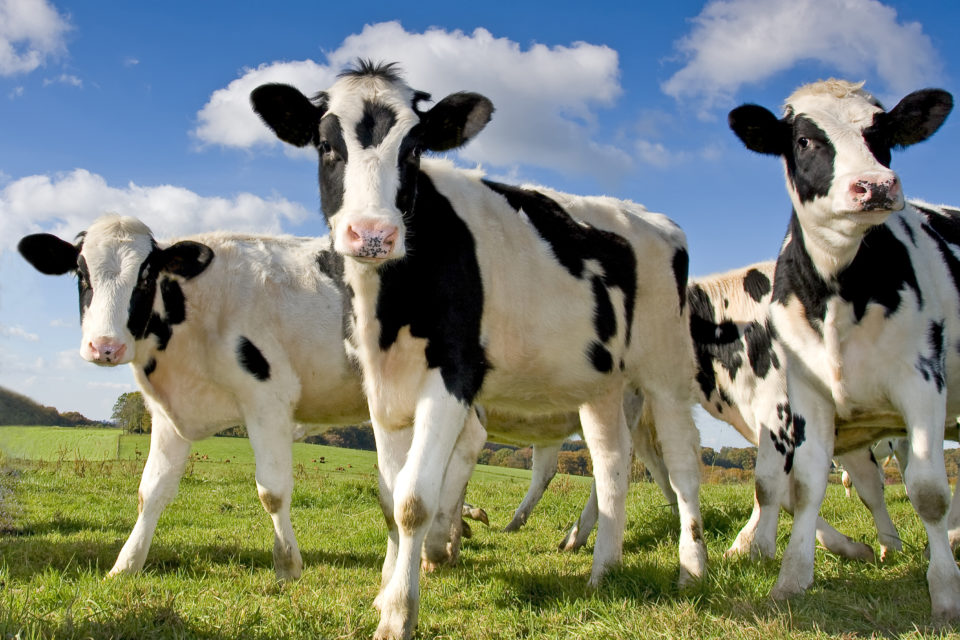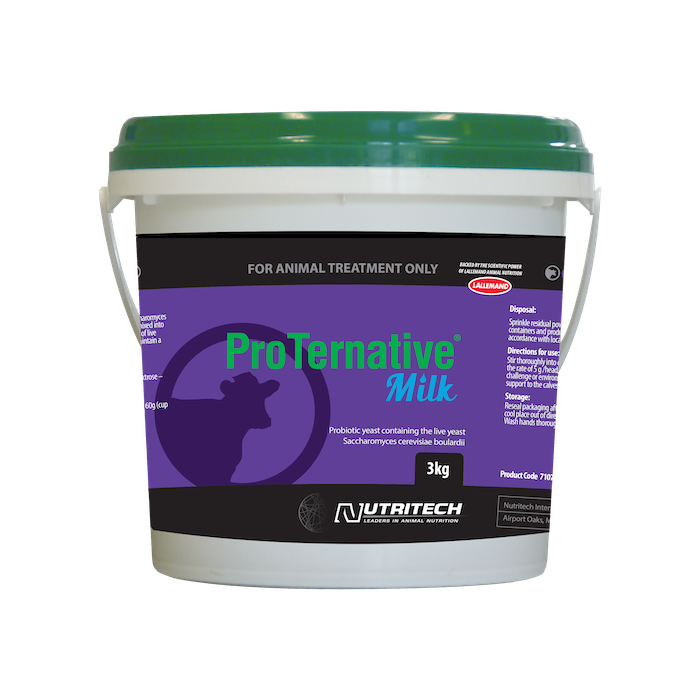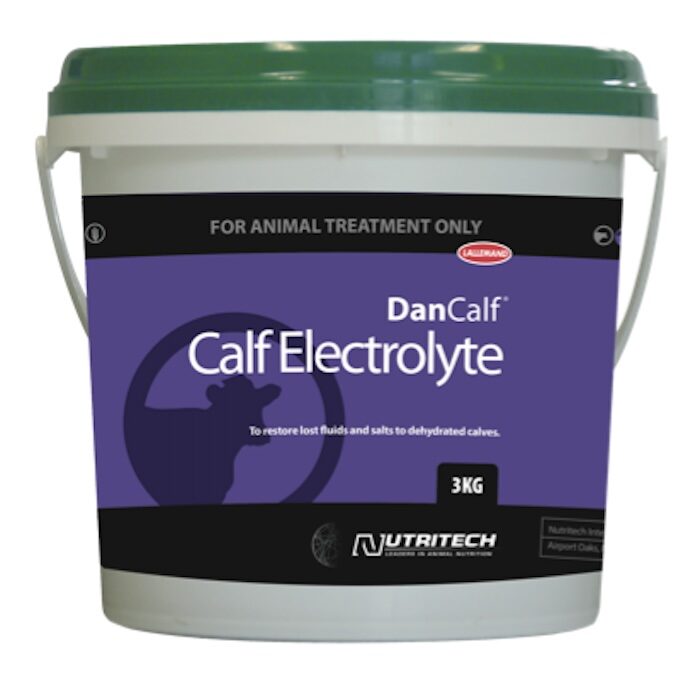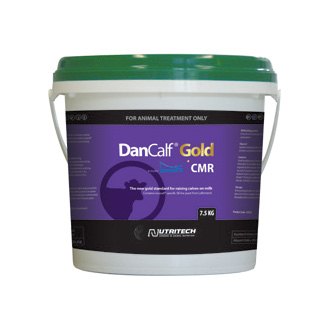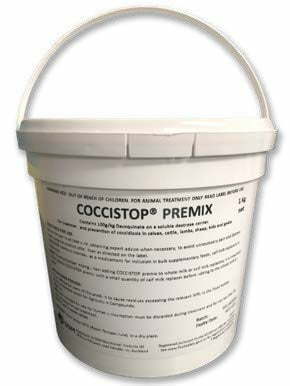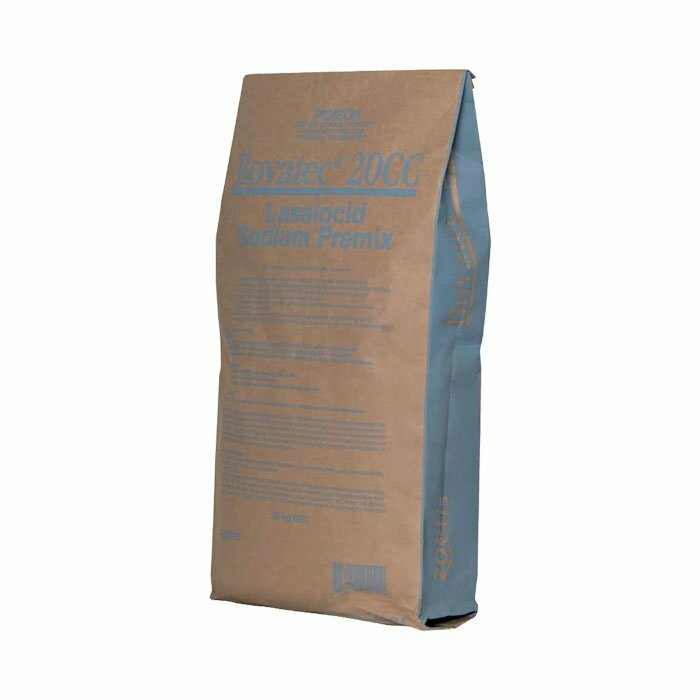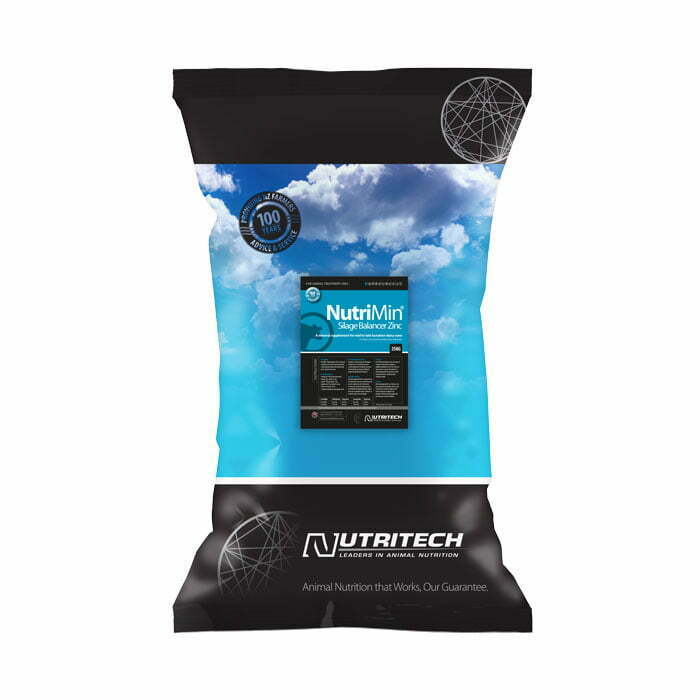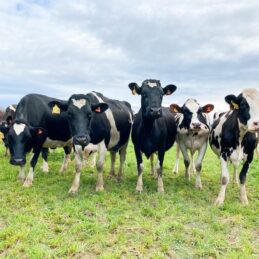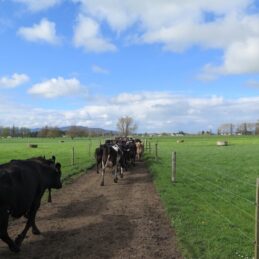Successful calf rearing relies on getting the basics right, attention to detail across the board, and promoting health and immunity. The basics covers good biosecurity, hygiene, housing, ventilation, bedding, management and nutrition, including feeding timely and adequate amounts of quality colostrum.
Adequate levels of basic nutrients, such as energy yielding nutrients, amino acids (protein), carbohydrates, major and trace minerals and vitamins provide the basic building blocks for good growth and health. However, recent advances in our knowledge and understanding of the interactions of feeds, nutrition and immune function have led to the development of products that exploit these effects, and to promote early rumen development.
The gut and its microbial population are major contributors to an animal’s health and a functioning immune system. They work together to prevent proliferation of potential pathogens, such as E coli, Salmonella, Rotovirus. Therefore, a healthy gut and microbial population helps ensure a healthy animal.
Probiotics containing specific strains of lactic acid producing bacteria help establish a stable gut environment suitable for commensal bacteria which work with the gut to modulate the gut’s immune system. The bacteria need to be encapsulated or freeze dried so they remain in a live but dormant state until fed to calves, as they need to be biologically active to have a beneficial effect.
Prebiotics are generally indigestible, to animals, but can bind potentially pathogenic bacteria, so inactivating them, and/or interact with the gut lining to increase its immune capability. A number of these prebiotics are based on specific components (manno-oligosaccharides, β-glucans) of yeast cell walls.
Specific live yeast strains have also been demonstrated to neutralise bacterial toxins, promote proliferation of commensal lactic acid bacteria improving feed digestion, and stimulate intestinal immune function. Trials with specialised strains have recorded higher feed intakes, faster growth rates and reduced mortality.
Most products for young calves also contain a coccidiostat, which reduce the challenge from the Eimeria protozoa, allowing time for calves to develop their own immunity.
The most effective strategy to maximise calf survival and growth rates throughout the calving season would be to incorporate all the strategies outlined above, as this will provide sufficient nutrients, and promote a healthy gut and robust immune system.
As featured in NZ Dairy

